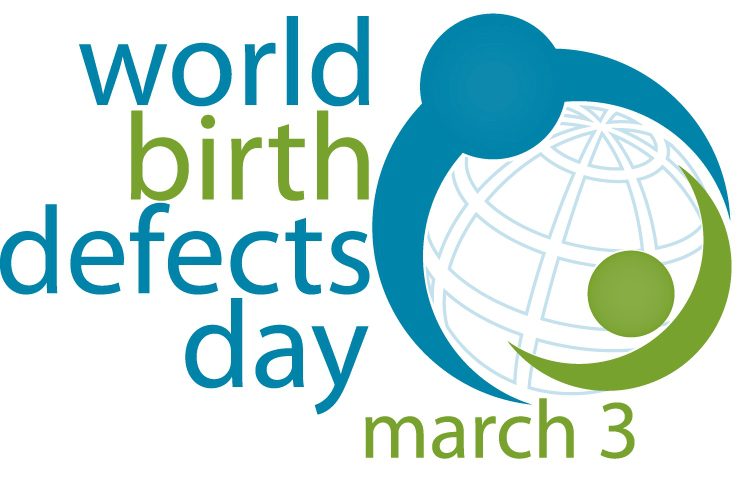Health Promotion and Advocacy Working Group
Acta Medica Philippina 47(1) 2013
Carmencita D. Padilla*1,2
*Tomas B. Aguirre Professorial Chair in Pediatrics
*Tomas B. Aguirre Professorial Chair in Pediatrics
1Department of Pediatrics, College of Medicine and
Philippine General Hospital, University of the Philippines Manila
2Newborn Screening Reference Center, National Institutes of Health, University of the Philippines Manila
2Newborn Screening Reference Center, National Institutes of Health, University of the Philippines Manila
ABSTRACT
Background. Newborn screening in the Philippines
currently includes screening for 6 disorders – congenital hypothyroidism (CH),
congenital adrenal hyperplasia (CAH), phenylketonuria (PKU),
glucose-6-phosphate dehydrogenase (G6PD) deficiency, galactosemia (GAL) and
maple syrup urine disease (MSUD). With improved newborn screening technologies,
the potential of screening more than 70 disorders has become a possibility.
Worldwide, there has been a move towards increasing the number of disorders
included in newborn screening panels. The California Newborn Screening Program
(CNSP) screens for over 70 disorders and its database includes a large number
of Filipino newborns.
Objectives. To describe the profile of Filipino
newborns screened through the CNSP and to extrapolate these data to the
Philippine newborn population in order to assess the potential value of
expanding the Philippine newborn screening program.
Methods. The newborn screening database of the CNSP
was reviewed. Projections based on the California data were made relative to
expanded newborn screening and related outcomes in the Philippines.
Results. From 2005 to 2011, a total of 3,460,839 newborns
were screened in the CNSP which included 111,127 Filipinos. Among the
Filipinos, there were 199 confirmed having one of the screened disorders
categorized as follows: endocrinologic disorders (51); hemoglobinopathies
(109); amino acid disorders (6); organic acid disorders (7); fatty acid
disorders (10); and other disorders (16). Extrapolating these findings to the
Philippine newborn population predicts the detection of significant additional
cases of screened disorders including: 2180 hemoglobinopathies, 140
organic acid disorders, 200 fatty acid disorders, and 240 other disorders.
Conclusion. Data from the CNSP show serious
disorders detected by newborn screening in Filipino babies that are not
currently included in the limited newborn screening program in the Philippines.
Expanding the panel of screened disorders to approximate that in the CNSP will
result in significant additional case detections in the Philippines that will
save lives and reduce unnecessary negative health outcomes through early
detection and treatment.
Key Words: newborn screening, expanded newborn screening,
Philippine newborn screening program












